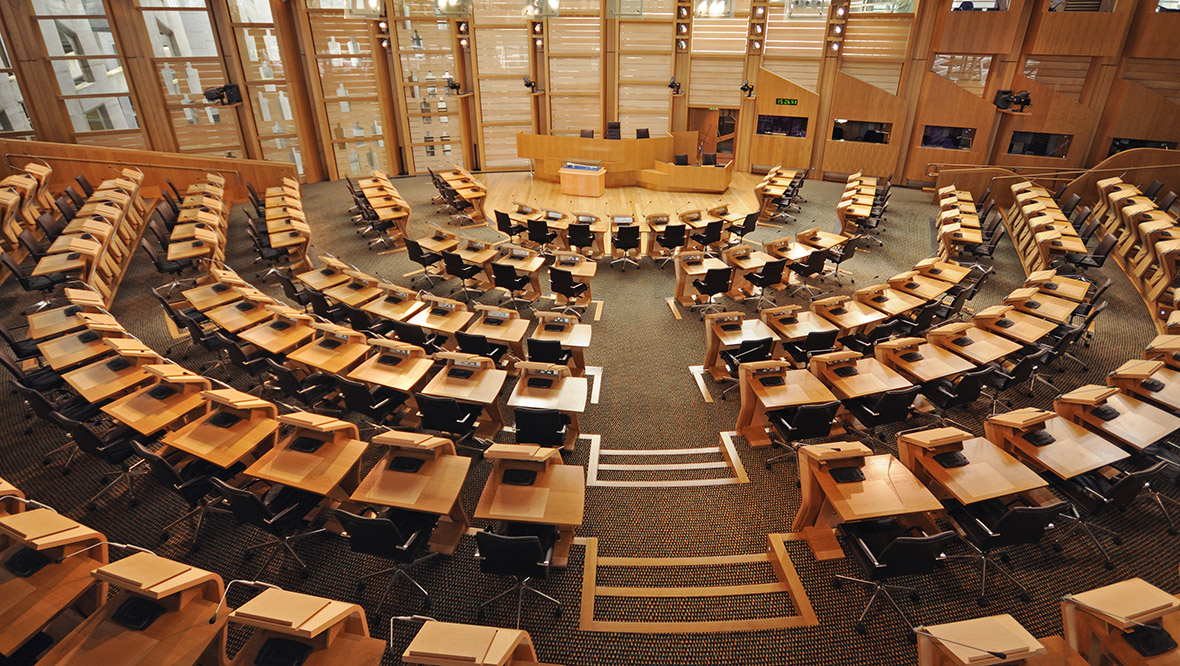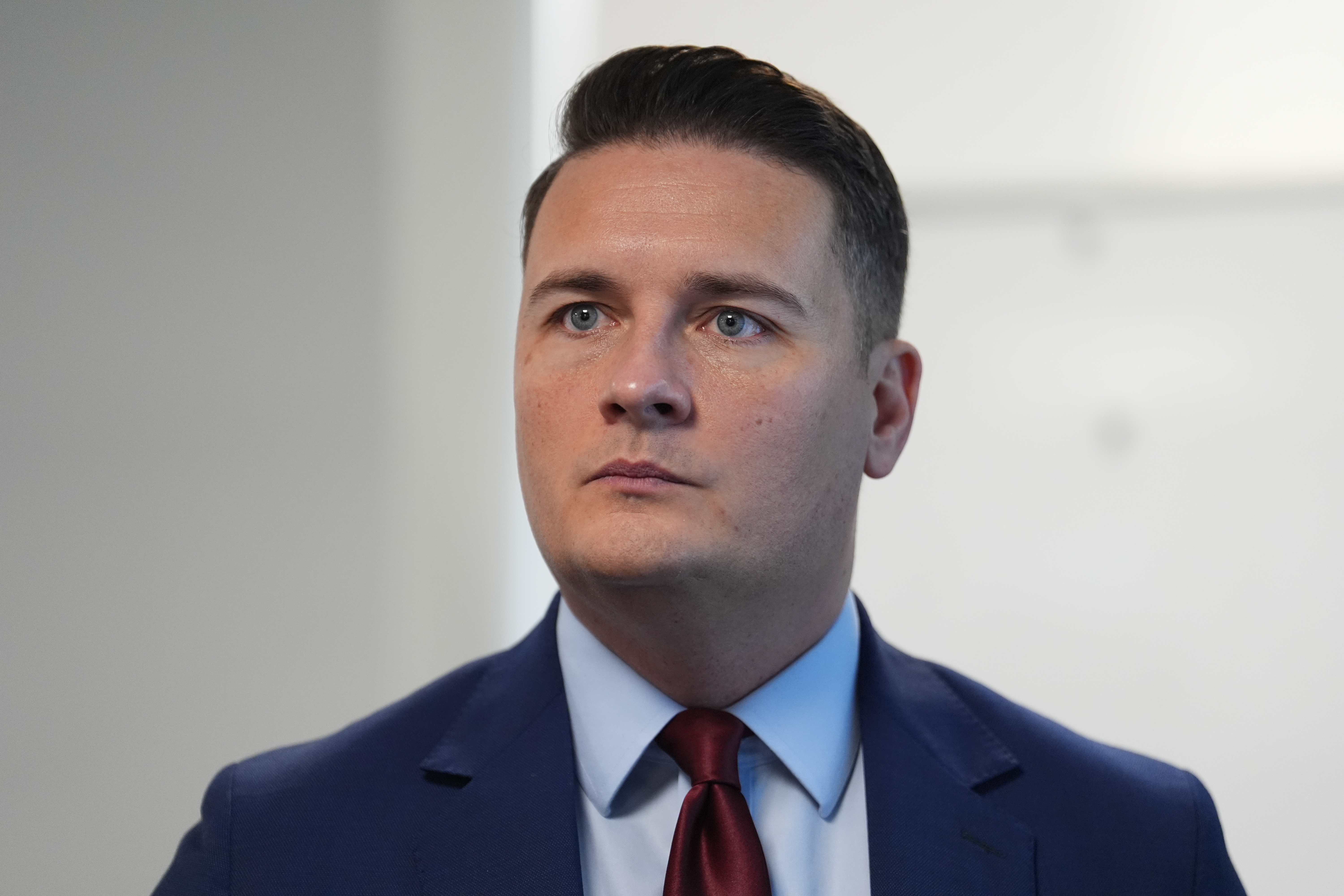Proxy voting should be introduced at the Scottish Parliament to ensure that MSPs who are unable to physically attend can still take part, it has been suggested.
A report published by Holyrood’s Standards, Procedures and Public Appointments Committee has called for the system to be brought in, with a view to establishing it permanently.
It would allow MSPs who are not able to vote for agreed reasons to nominate another MSP as a proxy who would then vote according to their wishes.
The reasons for obtaining a proxy vote could include an MSP experiencing illness, bereavement or if they are on parental leave.
Proxy votes have the same status as a vote cast by an MSP in person, and would be actioned by informing the Parliament’s presiding officer.
In a report published earlier this year, MSPs stated that a hybrid parliament should be “here to stay”, which included a recommendation to introduce proxy voting.
Committee convener Martin Whitfield described it as a “positive, progressive step” for Holyrood.
“Our committee is unanimous in their support for the introduction of a proxy voting scheme,” he said.
“We think Scotland’s democracy and its people are best served by ensuring that MSPs can still cast their votes even if they are unable to participate in parliamentary business due to the very human reasons of bereavement, illness or parental leave.
“We believe this is a positive, progressive step for the parliament as we look to continue to evolve and to make the parliament as accessible and inclusive as possible.”
Deputy convener Bob Doris explained the move would help ensure that MSPs can continue to represent their constituents, even when they are unable to physically attend parliament.
“As a parliament, it is vital that we continue to look at ways to modernise and to increase participation in democratic processes,” said Doris.
“The introduction of a proxy voting scheme will ensure that MSPs can represent their constituents whether on parental leave, suffering serious illness or bereavement.
“We will continue to review current working practices as we look to innovate and improve parliamentary processes, and to shape a parliament fit for the future.”
Follow STV News on WhatsApp
Scan the QR code on your mobile device for all the latest news from around the country


 iStock
iStock

























